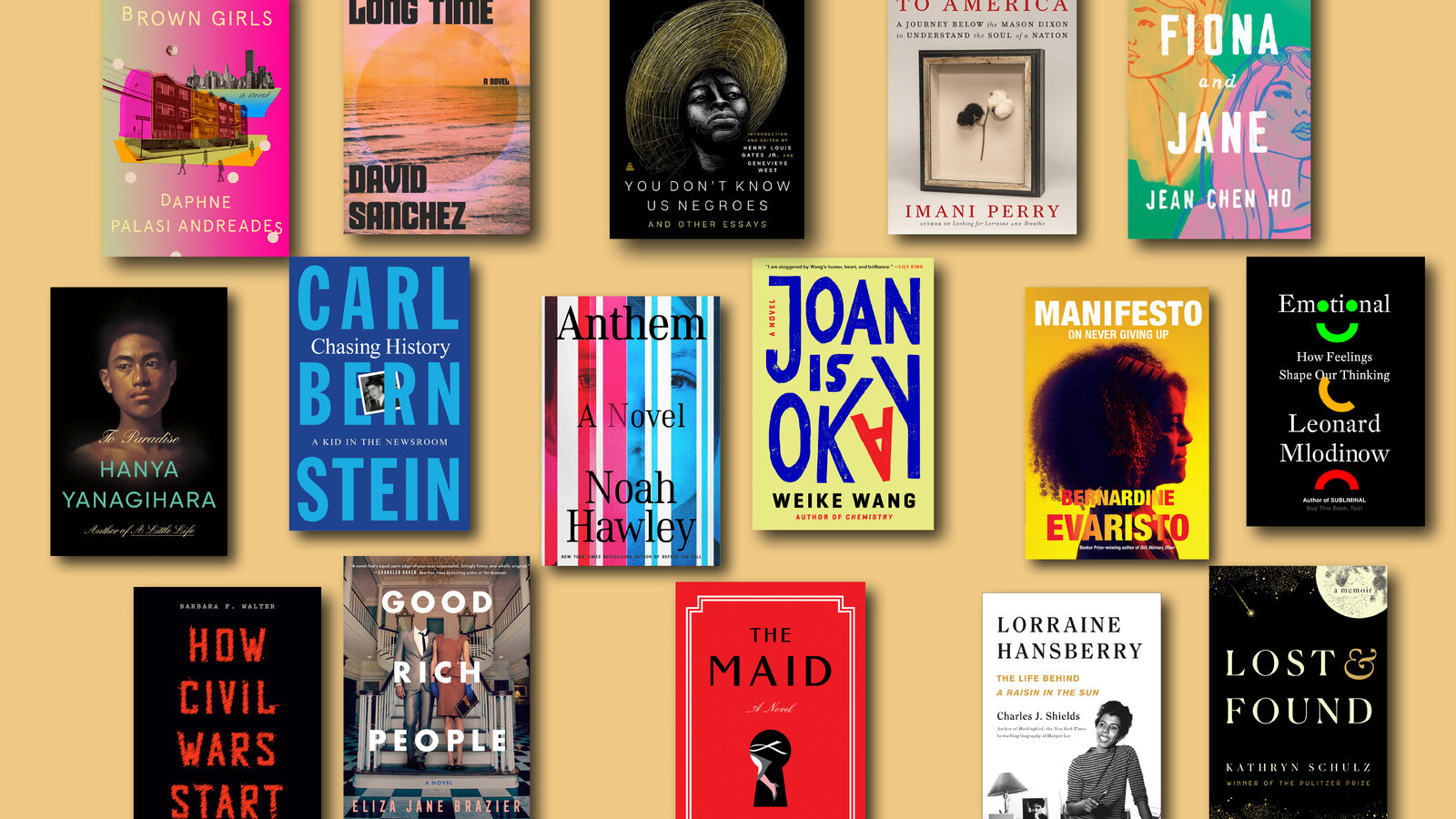
Writers are avid readers and write about writing. Here are some of my favorites.
1. Stephen King
It is my opinion it is true that Stephen King is one of the most talented storytellers in existence. Whatever his original idea, “A car is alive! An unintentional clown in the sewage! Phones turn you into zombies! The man performs it so with conviction and enthusiasm that you can’t believe it.
Whatever you think about the work of this author, his manual of instruction and memoir is the most comprehensive book about writing. It’s packed with inspiration and practical advice, and tips from one of the most prolific and effective masters of the art of writing.
Should you ever ask a writer their top ten list, it will be somewhere. My most-loved and used copy is filled with notes, highlights, underlining, bookmarks, and fold-down corners. Begin here!
2. Elizabeth Gilbert
Beautifully written, this book is an amazing blend of practical tips and mystical faith in artistic power and the way stories come to us when we are open to them. The chapter titles offer a few ideas that you need courage, enchantment, Permission, persistence, trust, and Divinity.
This is one thing that all creatives can take inspiration from, not just writers. Particularly when you’ve lost touch with your inner voice, or you’re not able to be in flow, and have lost hope that inspiration will eventually come. Everyone has these dark times. This book will be a beacon of source of light, leading you back on track.
If you think it’s too bizarre and wu-wuy, then stay with it. You’re probably the person who is in the most need of it at the moment.
3. Julia Cameron
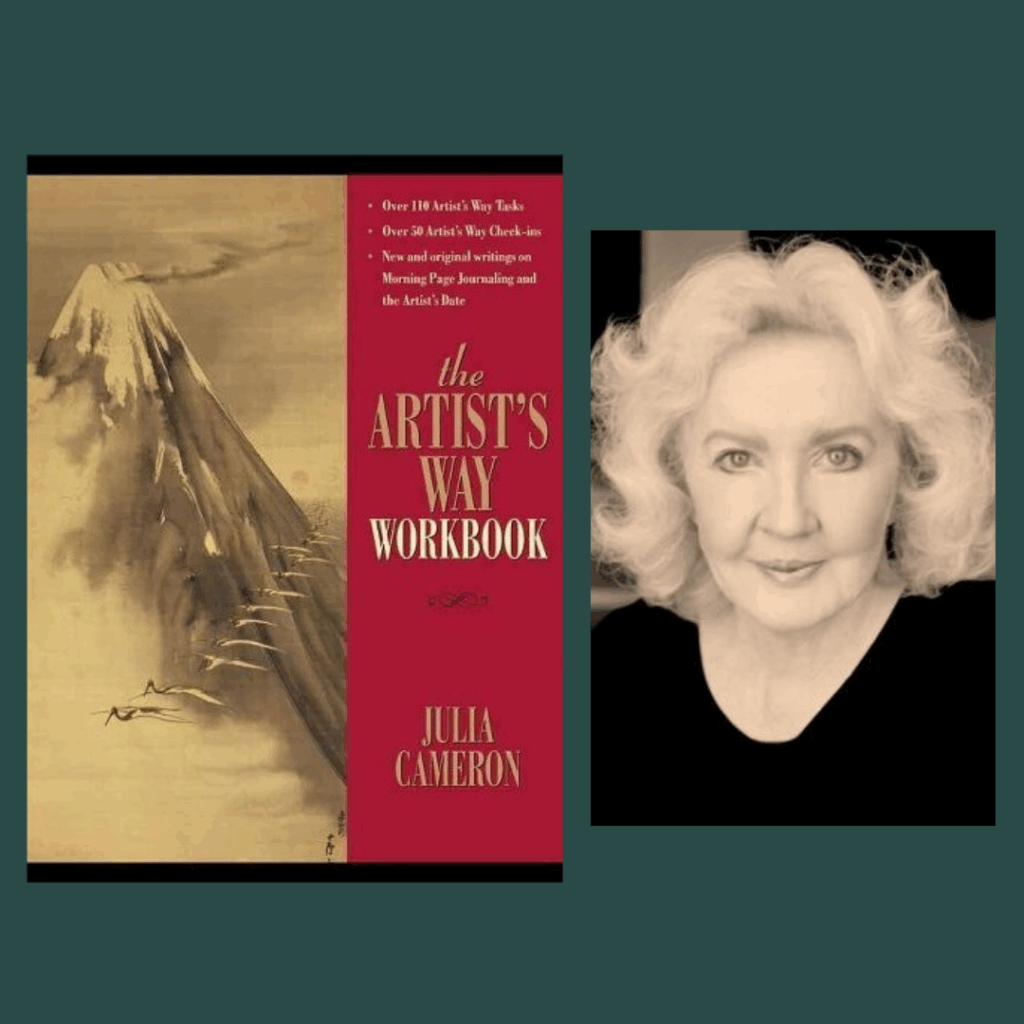
I read this book over several years, and I’ve also offered it as a present greater than other books. My clients have written screenplays, novels, have gotten through the difficult second albums, and have also created new artworks using the central tools of the book, such as an annual Artist’s Date as well as everyday early morning pages. I’ve used both of them for a while until now.
They’re a kind of compass that’s gradually pointing me in the direction I should follow. On the few occasions I decide to leave them, I immediately notice the difference in concentration and motivation.
Writers who are experienced may have a difficult time accepting the concept of writing freely, as they have higher standards. My suggestion? Use no grammar whatsoever, I like dashes and a few other words, and never return to correct spellings, edit the sentence, or any other thing. It’s like a spring clean for your brain, stopping thoughts from repeating in endless loops by forcing them onto paper.
There are many other writing and exercise prompts, too, every chapter dealing with an obstacle on the path of creativity. This is a book that is suitable for all types of creatives. It’s particularly useful for burned-out, frustrated, or stagnant writers.
4. Steven Pressfield
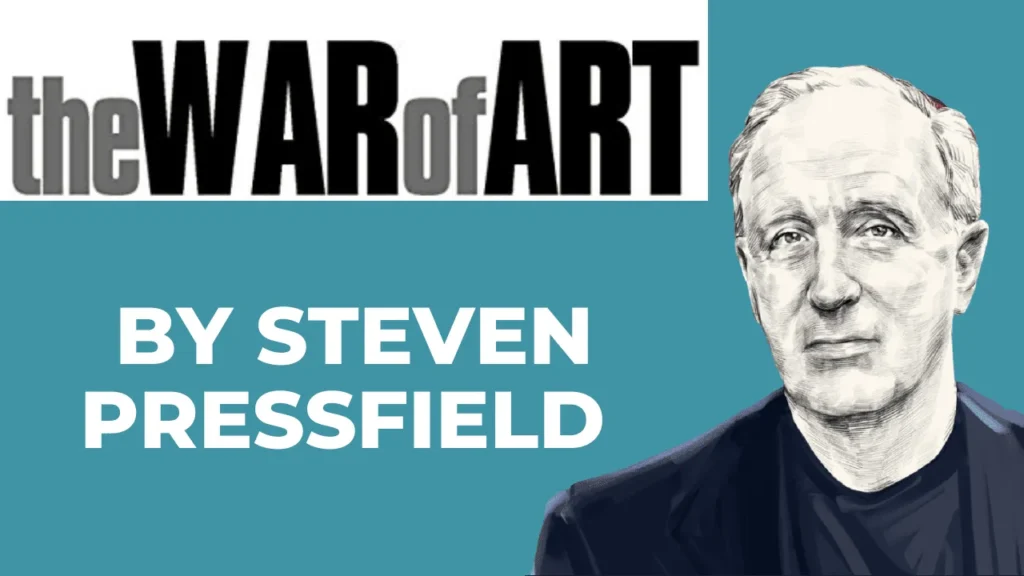
The book is subtitled Get Over the Obstacles and Win Your Creativity Battles, This is one of the most insightful books I’ve read on the concept he calls Resistance, as the forces that prevent you from creating your work.
As with The Artist’s Way, it’s powerful and inspiring regardless of your field of creativity. Writing is Pressfield’s specialty, and the majority of examples he provides are based on fellow writers.
A few of Pressfield’s views are somewhat outdated.d However, his techniques are shrewd. Consider him to be a wise old man who is pushing you to do what you’ve always dreamed of doing, regardless of what obstacles stand in the way.
5. Virginia Woolf
It’s similar to Marmite. It’s like Marmite: either you like Woolf’s works or dislike the books. I’m in love with her books ( To The Lighthouse is a novel I’ve been through many times). However, it’s not necessary to agree to read these excerpts of her diaries.
It is often felt that most acclaimed writers, those whose work has stood the test of time and inspired, did not have to sit down and write final drafts of their novels or stories We then compare our unprofessional first drafts and ideas in half against their work. The solution is Woolf’s diary, which exposes the arduous work and revisions, as well as the doubt and process of soul-searching required to produce a strong piece of work.
If you’re afraid of Woolf, look up your favorite writers’ views about their craft. Ian Rankin’s introductions for the newer versions of his Rebus novels offer a wealth of insights into his writing method, for instance, and Philip Pullman’s writings on writing and reading are as inspiring as his writing.
6. Neil Gaiman
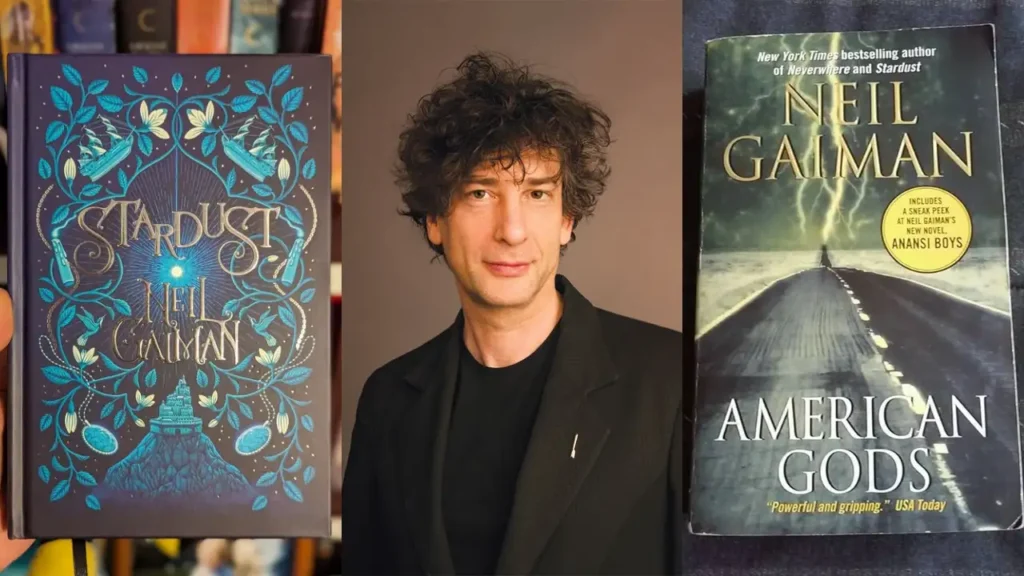
This was a commencement speech from 2012 that Gaiman delivered in Philadelphia. The address is available to hear him speak about it here. Graphic creator Chip Kidd had the lovely idea of making it an amazing book. I usually open a book at random, and then find the information I need to read at the time.
In the end, every Gaiman novel is about the development of the story and of the myths that are subconsciously informing us, even when we think we’ve forgotten about them. I like the introductions he composes to his short story collections, and the majority of his collection of journalism and speeches are about the importance of writing, reading, and storytelling.
7. Anne Lamott
In this collection, Lamott presents the concept of shitty first Drafts. The three phrases have brought me out of the mud many times more than I want to keep in mind. The gist of them is: On days that you aren’t able to write effectively, write poorly. Make it clear, then work on it later.
“All talented writers write these,” she reassures. “This is how they get excellent second drafts as well as fantastic 3rd drafts.”
There are some gems here on plot, character, and dialogue. It’s also about setting and knowing when you’ve finished. There are some great exercises you can try, as well as stunning paragraphs of their own words. While reading the book to compose this post review, I’ve realized it’s been far too long since I’ve read the book, and it’s been moved from my shelf to my table by my bed.
8. Natalie Goldberg
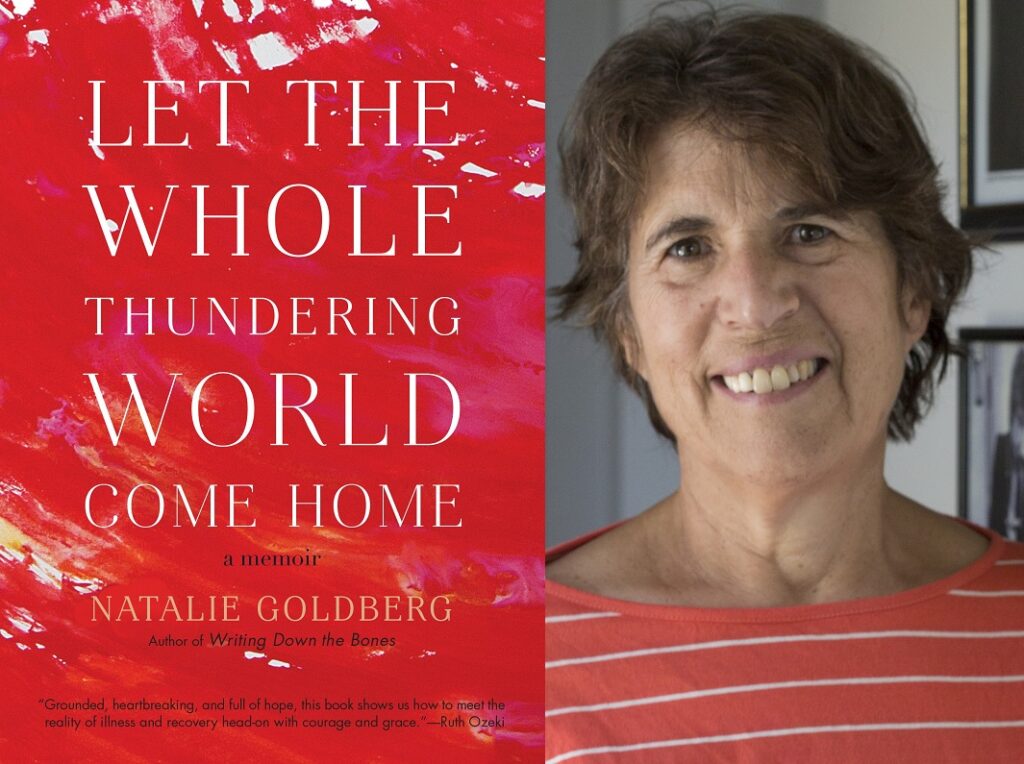
A few days after his birthday, my dad was sick and complained and lay down in bed for just a minute, and then passed away. He had never been sick and hadn’t seen an ER in over 20 years, and this was the norm and completely unexpected.
It was the book I was reading at the time, about 15 years ago. When I was doing all the things I had to accomplish as the oldest child of a mother who, like many women of her age, was never a solo woman, but this was the book that made me feel completely. I wrote journals after journals in the weeks and months that followed, and re-read these essays when I needed a kind, caring, but firm direction.
Subtitled “Freeing the Writer Within“ is a good starting point If you’ve always dreamed of writing, or if you’ve been off the pen for some time. If you’re unsure of where to start or where to start these writing prompts are a great idea.
9. Natasha Khullar Relph
The title says it all it’s a straightforward guide for getting your work done by a gifted writer who was able to establish an international freelance career from India and then expand into courses including content marketing, fiction and a very useful and thorough series of books on how to make money from writing and content marketing.
The two final writers offer practical guidelines for getting the money you deserve to do your job. I’ve added them to this list because I believe it’s crucial to know that writers and artists don’t anymore have to live on the edge anymore. It’s entirely possible to earn real money writing if that’s what you’re looking to do.
10. Joanna Penn
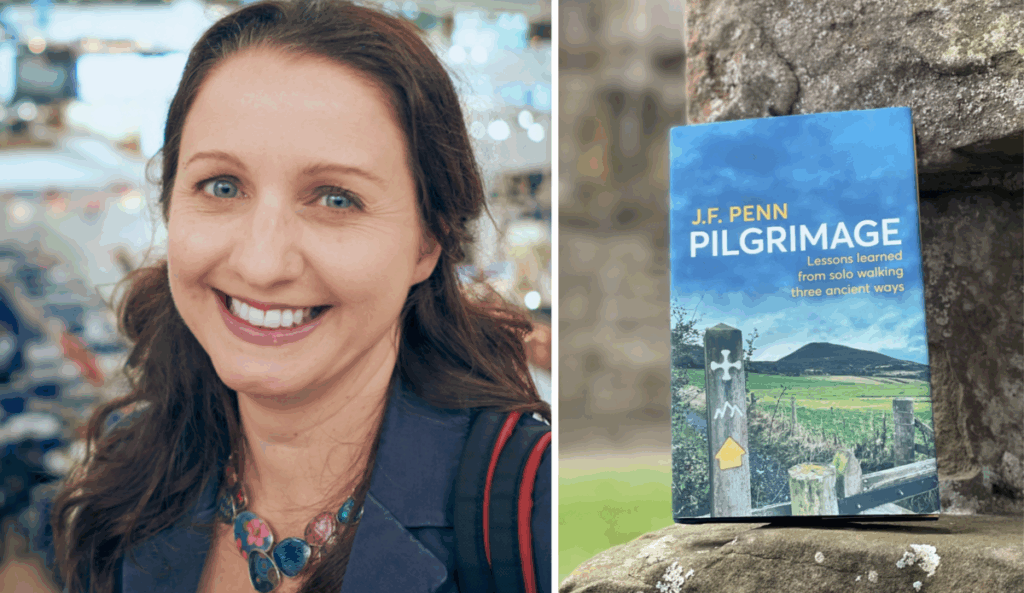
The book is available for free to download on Kindle as well as a paperback that is cheap and extremely practical, should you decide to self-publish your work and begin making money off it. Penn has a whole series of clear, informative books on writing and a long-running podcast about self-publishing, as well as her own successful and ever-growing series of independently published fantasy thrillers.
Like many other writers from my past, I have always been apathetic about self-publishing. I was mistaken. It’s a fantastic way to bypass gatekeepers like agents and publishers, getting current work out fast – and then getting paid for the work you do in weeks instead of years.
There are a lot of other excellent books on writing.
Scarlett Thomas’s Monkeys with Typewriters is a fantastic reference for writers, and particularly for writing fiction. James Wood’s How Fiction Works and Walter Mosley’s The Year You Write Your Novel are both easy to understand and extremely insightful. Ray Bradbury’s writing guidance is always a gold mine. I’ve not had the pleasure of reading any of Zadie Smith’s or Margaret Atwood’s ideas about the craft, and not felt more knowledgeable for it.
It’s possible to go on and on and on. However, I’m sure that you have favorite songs from your collection. Comment below with your suggestions. Perhaps I’ll come back to this post later and make another ten.
Do you like this?
If so, you’ll surely enjoy This Creative Companion, a bi-weekly publication in which I provide videos, podcasts, books, as well as other resources that can aid professional creators in achieving the recognition and pay they deserve, doing work they love. Join us below if you’d like to receive our next edition.
